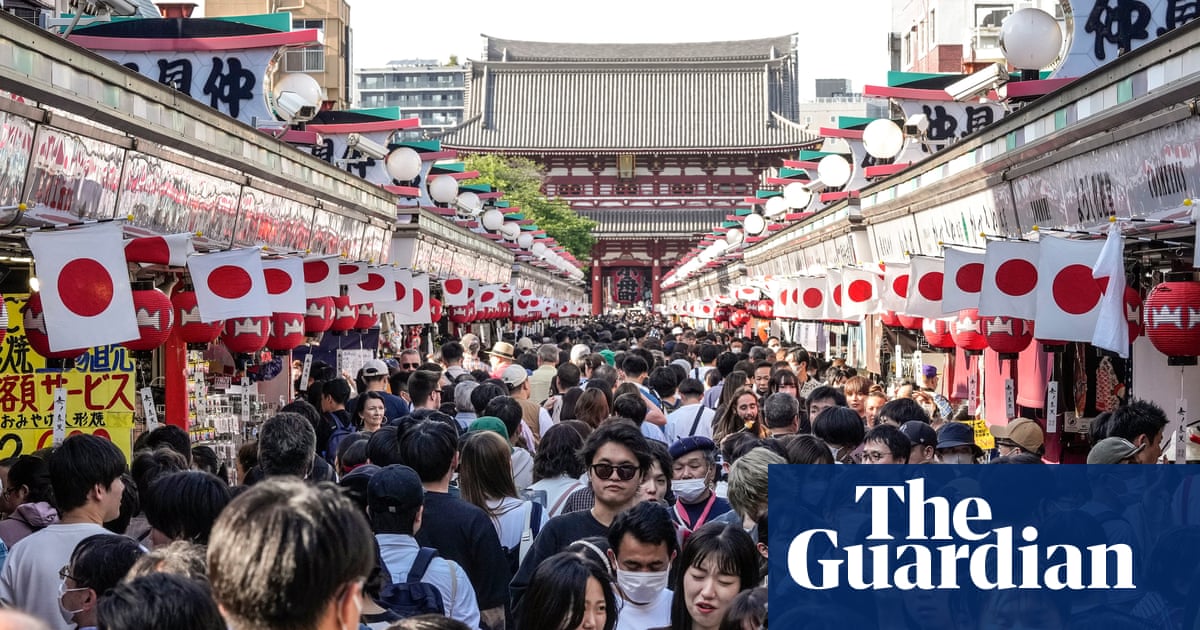Joke’s on you! Humans will be extinct by 2531. Maybe by 2031 if Trump becomes president again.
🥱
That doesn’t contradict the original statement
But it does though
“Every person in Japan will be called Sato.”
In formal logic, this is equivalent to
“There is no person in Japan not called Sato.”Since there are no people, no one is not called Sato, and therefore every person is called Sato. Every person is also called Steve. Or Klaus.
Edit: once you take the second part of the headline about the marriage law into account you’re right, my bad -
Since there are no people, no one is not called Sato, and therefore every person is called Sato.
Uh… No? 🤨
∀P∈X : P is named Sato
using De Morgan’s negation rule this is equivalent to
⇔ ∄ P ∈X : P is not named Sato
Since X = ∅ is the empty set, such a person P can by definition not exist. Which means, the first statement is true. If no person lives in Japan, that means every person living in Japan is named Sato.
Your proof is vacuous and you should feel vacuous!
very much so
I volunteer to marry there, and help avert this catastrophe, even a little bit.
For one, there is no legal requirement that a Japanese partner take the name of their foreign spouse (in fact, it’s basically the exception to the rule that all married couples must have the same surname).
The assumptions are almost certainly going to turn out to be incorrect, but even if everyone ends up with the name Sato, people will just start adding other names to differentiate, like they’ve done in cultures throughout history.
“If everyone becomes Sato, we may have to be addressed by our first names or by numbers,” he said, according to the Mainichi. “I don’t think that would be a good world to live in.”
What’s wrong with names?
Lol the professors should talk to all the Taro, Ichiro, Jiro and Saburos in Japan about this.
Given their birth rate they’d be lucky to have even Sato’s around by the 26th century.
Check out Vietnam, almost everyone here is Nguyen, 30-39% to be precise
That is quite a range for being precise.
Common Vietnam W
deleted by creator
This is the best summary I could come up with:
Japanese citizens will all have the same family name in 500 years’ time unless married couples are permitted to use separate surnames, a new study has suggested as part of a campaign to update a civil code dating back to the late 1800s.
Yoshida conceded that his projections were based on several assumptions, but said the idea was to use numbers to explain the present system’s potential effects on Japanese society to draw attention to the issue.
Some social media users wrongly assumed the study, first reported on Monday but published in March, was an April fools’ day prank, but Yoshida said he wanted it to give people pause for thought.
A nation of Satos “will not only be inconvenient but also undermine individual dignity,” he said, according to the Asahi Shimbun, adding that the trend would also lead to the loss of family and regional heritage.
The study contained an alternative scenario extrapolated from a 2022 survey by the Japanese Trade Union Confederation, in which 39.3% of 1,000 employees aged 20 to 59 said they wanted to share a surname even if they had the option of using separate ones.
Conservative members of the ruling Liberal Democratic party (LDP) say changing the law would “undermine” family unity and cause confusion among children.
The original article contains 527 words, the summary contains 213 words. Saved 60%. I’m a bot and I’m open source!
Very optimistic to believe that the human race is gonna survive that long.
Making sure you’re not dating a cousin would be a lot more work.
A lot of names came from locations and professions. For example, not every “miller” or “smith” is related to one another (well, any more so than every human is related to another)
This assumes that they only ever have the names they have now. Call me crazy, but I suspect that immigration policies will probably shift a little at some point in the next 500 years.
Hell, I wouldn’t even be willing to bet that any given country would still be around in it’s current form by then, including Japan.
Generally speaking, I find it a little arrogant to think they can predict what society will be in 500 years.
Interesting. I married a Japanese woman, and when she registered me in Japan she changed my surname to hers, lol.
We don’t live there, though.
I fail to see how spouses having the same name has any impact on the distribution in the future, the factor that controls that is the names of the children. To fix this you’d need to do something along the lines of girls get the dad’s surname, boys the mother’s, or the other way around. Also Spanish customs are worth looking at.
everyone should be called seto after red xiii’s dad instead
I’m pretty sure Japan has bigger problems that will come up much sooner just like the rest of us.








